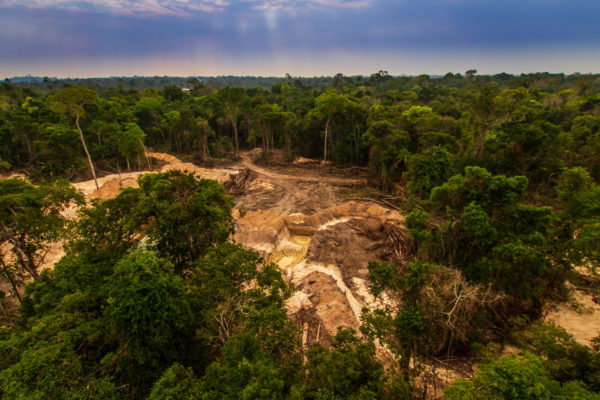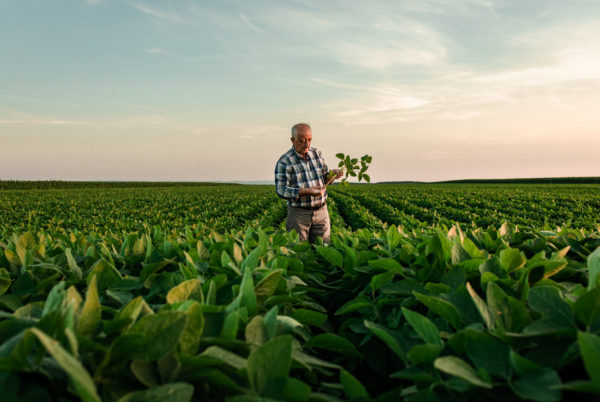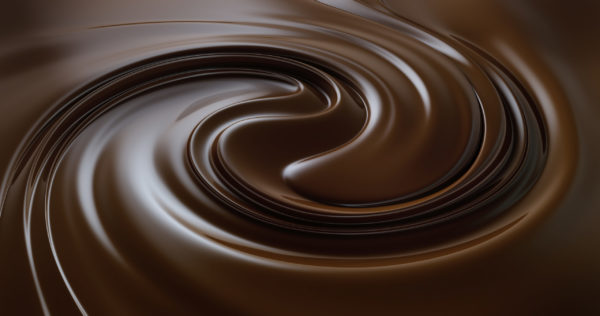Hearing that a plant or animal went extinct is usually a cause for concern. There are several reasons it might’ve happened, and sometimes, it’s even for the better – you might think Jurassic Park is cool to watch on screen but you wouldn’t want to live it!
But for the most part, plants and animals disappearing is definitely worrying. And, in the world of extinction, there’s a new problem brewing that many aren’t aware of – food extinction due to climate change.
According to reports, 20%, or one in five, of the world’s plant species are in danger of going extinct due partly to climate change, placing our sources of food at risk. And, in a catch-22, plants are super important to climate regulation.
While this may be surprising, it’s not new.
What part have people played in this problem?

There are a few ways human activity has impacted the plants and animals that we eat. They include but aren’t limited to:
- Climate change
This shouldn’t come as a surprise. Man-made climate change poses an existential threat to the natural environment from which we source the food we eat. The destruction of the natural habitats of plants and animals is the most glaring result of our continuous drive toward industrial growth.
Today, the loss of habitats and the deforestation of timber are considered humongous threats to plant life.
- Eating preferences
Our impact on the environment goes beyond modern methods that drive climate change, though. For as long as we’ve been able to hunt, our eating habits have had a big impact on the fate of our food sources. Some experts say it was our appetite for wooly mammoths that led to their extinction, and today those habits and appetites continue to dictate a lack of biodiversity in favor of our favorite fruits and vegetables.
- Selective agriculture

Selective agriculture has played a large part in thinning the depth of biodiversity among the produce we eat. Over the last 100 years, the choices we’ve made on what crop varieties to farm and what animals to breed have led to a homogenization of produce and meat.
Basically, some crop varieties and animal breeds are prioritized based on taste, size, color, growth rate, and so on.
Unfortunately, this selective agriculture has led to other varieties with different qualities being abandoned and eventually disappearing.
By the numbers, it’s a bit alarming:
- Since 1900, 75% of global plant diversity has disappeared
- 86% of apple varieties that used to be grown in America have disappeared
- One breed of dairy cow produces 90% of our milk, ice cream, and yogurt
It’s not all our fault
It’s not all our fault that some foods might be going extinct. For example, in the early parts of the 20th century, a severe blight all but eliminated the population of chestnut trees in America. Similarly, in 1965, the dominant Gros Michel strain of banana was completely wiped out and declared commercially extinct after succumbing to Panama disease.
Staples that might one day become extinct food?

Many of the foods you probably love but take for granted are in danger of going extinct. They include:
- Coffee: One of the most consumed “wake me up” beverages in the world, coffee tree growth is currently being hampered by rising temperatures which causes problems like an increase in insects that destroy coffee beans and reduce soil density.
- Chocolate: Loved the world over, chocolate is currently in danger of going extinct within the next 40 years due to rising temperatures in places like the Ivory Coast and Ghana where cocoa is grown, creating an overly hot and dry climate for the cacao crops.
- Bananas: Bananas are cultivated in over 120 tropical countries. Unfortunately, major producers like Brazil, India, and Ivory Coast face an increasingly uphill battle against crop diseases caused by rising temperatures, which has reduced the rate of production.
Share and comment!
What foods can you not imagine life without? What do you think can be done about potential food extinction? Tell us your thoughts in the comment section below, and don’t forget to share this important information with the people you know.
We could all live without coffee, chocolate and bananas it’s just that nobody wants to! I’m pretty sure you could find populations on our planet that don’t consume any of the above mentioned items that are thriving and surviving. It’s really about the obvious-change. Our planet has been changing since the beginning of time without exception. The life forms that couldn’t adapt to change went extinct. Obviously, we need to sit up, pay attention and start figuring out how we, as a species can meet the latest challenges to our survival on earth. How do we adapt to thrive and survive that’s the real question. Retreat into Conspiracy Theories, fear and wimpy handwringing will get us nowhere. Our willingness to let go of old ideas, face new realities with courage and find novel, innovative and life sustaining solutions to our problems is what will keep us from ending up on the junk heap of life.
Pandemics, loss of food diversity, huge fires, we need to pivot this back fast
If the Globolist quit weaponizing our weather and creating bio-engineered insects & lying to the people about climate change & carbon dioxide is bad there wouldn’t be any crisis it’s all one big fat lie so they can depopulate and murder people for their power grab and play God. If we don’t have carbon dioxide we all & plant life die. Quit Spraing our planet with Chem-trails to stop rain/snow & hide the sun needed for us & all life to live. MURDERERS. They the (Globolists) want you dead & are killing us & our God given creation. LIARS straight out of Hell! There’s no such thing as Climate Change, Global Warming, Climate Crisis it’s the Globolists causing it by control of our Weather. Weaponized Weather. Do your research. Don’t buy the BIG LIE suckers.
The world is ending again due to to climate change. The world is appox. 4.5 billion
years old and the world has had climate change for 4.5 billion years.